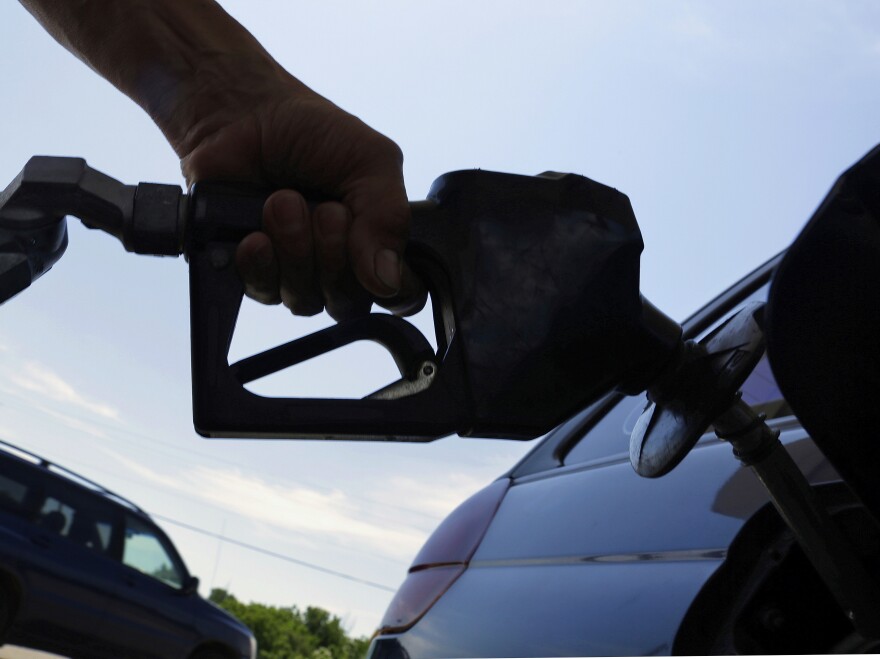About 2 million barrels of heating oil and gasoline are stored in tanks scattered across the Northeast, from New Jersey to Maine. But a new federal report says these reserves of fuel are not well suited to help the Northeast in an emergency.
Frank Rusco, a director at the U.S. Government Accountability Office, which authored the report, said layered bureaucracy and the locations of the fuel reserves make accessing them take too long. And in an emergency, he said, time is everything.
“What you really want in a response to a crisis is something that you can do immediately – that will help ameliorate the crisis,” Rusco said.
The GAO report found that the reserves hold less than 2 days worth of consumption in the Northeast and when there was an emergency, during Hurricane Sandy in 2012, the gasoline and home heating oil wasn’t used effectively.
“What’s happened is that heating oil has sat in those barrels ever since its creation and was only used as, actually, fuel for trucks during Hurricane Sandy. A purpose that it wasn’t intended to be used for,” he said.
As climate change brings more storms that disrupt the fuel supply, Rusco said the government should work more closely with state and local leaders to develop more resilient – and accessible – energy reserves.
He said that shouldn’t mean just stockpiling fuel.
“What New York did after Hurricane Sandy is they required that key gasoline stations – along transportation routes are important – that they be able to be hooked up to a generator, so that the fuel that they already have could be used,” Rusco said.
“You really need that immediate effect,” he said. “The way … the heating oil reserve and the gasoline reserves are set up, they’re not really available right away, so that’s problematic.”
In a statement, the Department of Energy says it will take the findings of the GAO report “under consideration when developing future plans for the petroleum product reserves.”





